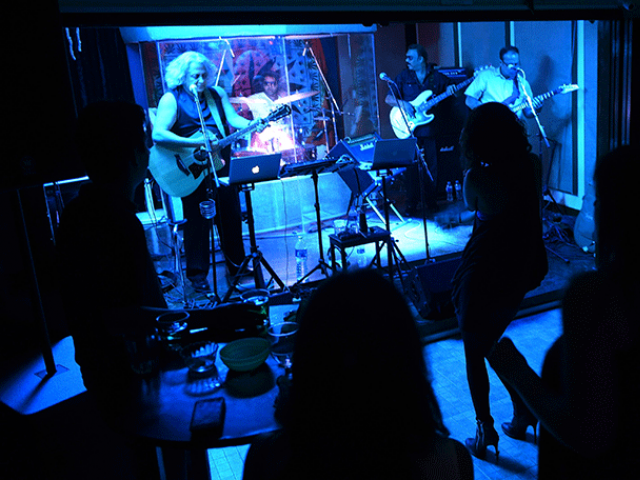The demon drink
What immediately struck me about drinking and Pakistan was that people drank to get drunk. And very drunk at that

PHOTO: AFP

Married into poverty and life in a village in Cholistan, alcohol use and abuse was common, virtually endemic. There were stills all over the place turning out firewater of varying degrees of toxicity, though none so awful that I am aware of any cases of blindness in my home village or surrounding areas. But a close relative did get busted for running a still and spent six months in jail for his trouble. He did his time… and went straight back to brewing.
What immediately struck me about drinking and Pakistan was that people drank to get drunk. And very drunk at that. Coming from a culture where alcohol consumption is normative but out-and-out drunkenness distinctly frowned on this was new to me outside the world of the chronic alcoholic. (I am aware that times have changed in the UK… as have drinking habits especially in the young.)
I was, and still am — a social drinker. I do not like getting drunk, know what my limit is and stop when that is reached. A bottle of Beaujolais shared with friends is an enduring joy. Just the whiff of a decent red is enough to put a smile on my face. But decent reds are hard to come by in a country that has hard spirits as its drug of choice, and low-alcohol wine is not high on the list of drinks available at weddings these days. Bootleggers run thriving businesses everywhere that I have ever been in the country and I have never had the slightest difficulty getting hold of the demon drink if I wanted to.
And it is a demon. I have heard many times that the solution to the problem is the reintroduction of legal alcohol, the licensing of bars and clubs and shelves full of the stuff in supermarkets — well it isn’t. Whatever else can be done about the alcohol problem what must not be done is an opening up of the market because all that is going to do is throw petrol on the flames.
How so? Because there is no culture of responsible drinking in a social context is why. Cultures like that do not grow on trees — or vines — they develop over long periods of time and have inbuilt checks and balances. The average drinker in Pakistan does not come fitted with a handbrake. The man with a baguette under his arm, a copy of Le Monde on the table along with a tiny cup of coffee and a shot of cognac is not about to embark on a day-long binge.
Cultures that use alcohol have social structures very different from that of Pakistan. For most drinkers the demon has been taken out of the drink — whereas the demon is a required ingredient here in the Land of the Pure. An inescapable strata of guilt and shame coupled with a rigid illegality. Drinking comes with a shot of criminality rather than social easement. Furthermore, social drinking in mixed company, men and women together mostly crosses just about every normative taboo there is.
The solution to the Pakistan drink problem is not more drink, at least not more drink in the same kind of way as drink is available in the West. This is not a society that can or will easily accommodate safe and sensible social drinking, it is just not going to happen. That said there is a serious drink problem, anecdotally alcoholism is on the rise, among both men and women, and the demon drink is now yet another of those elephants in the room that will just not go away.
Published in The Express Tribune, October 15th, 2015.
Like Opinion & Editorial on Facebook, follow @ETOpEd on Twitter to receive all updates on all our daily pieces.














COMMENTS
Comments are moderated and generally will be posted if they are on-topic and not abusive.
For more information, please see our Comments FAQ